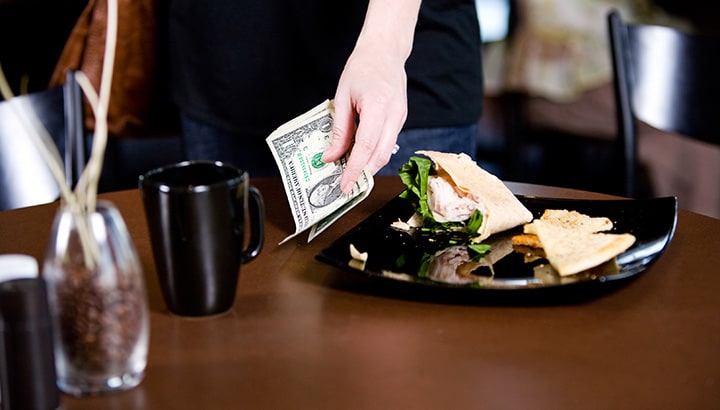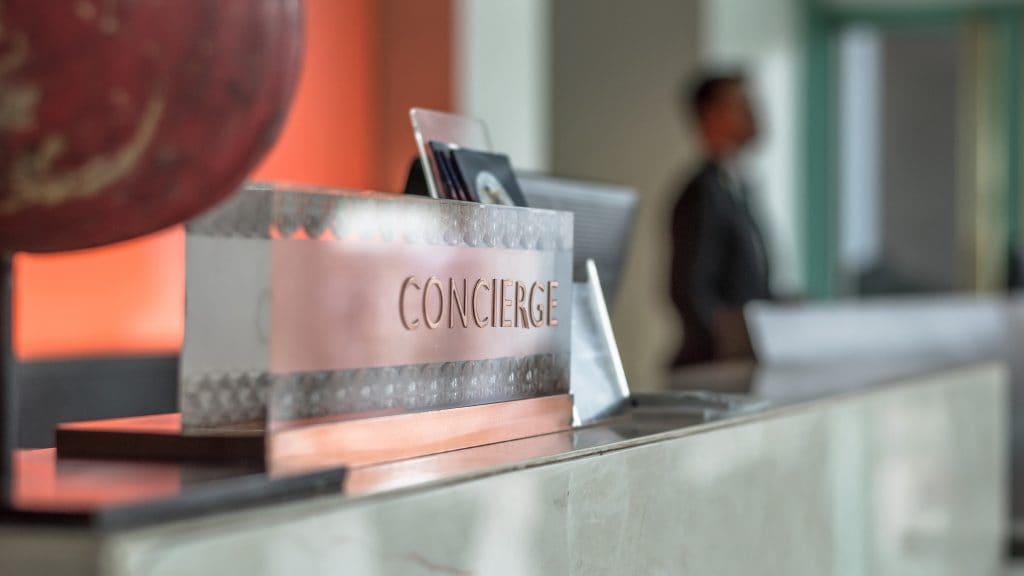
New York restaurant icon Danny Meyer’s recent decision to eliminate tipping in his group of restaurants is a significant indicator of the fact that the tipping controversy is ongoing and will not go away. Building the estimated 20% gratuity into menu pricing and eliminating the tipping line on the guest check is clearly a visible and direct statement to his customer base, estimated at 40,000-50,000 meals served a week.
Essentially, this step is a hybrid of the ‘prix fixe’ approach that has been common among high end restaurants forever.
At the heart of the question is not income equalisation, nor is it the discretionary aspect taken away from the guest. Sure, as Drew Nieporent, another NYC restaurateur with 9 high-end units indicated, tipping is a way of life in the American system, and the right to reward servers accordingly may very well be sacred. But let’s remember what we are talking about: generally higher average checks, generally upscale environments, and New York City—a long way from Tulsa OK, Flagstaff AZ, and Harrisburg PA, to name a few of hundreds of markets in middle America. How this NYC trend will affect the tipping culture in coffee shops and casual dining generally is still uncertain.
Whether you add an automatic service charge of 15%-20%, or build that gratuity into the pricing as Mr. Meyer has done, the point is not mandating fairness in tip allocation; but the reality of delivering the “overall dining experience,” which, to me after 23 years of owning my own restaurants, is both food and service.
Voluntary tip pooling, “tipping out” both the support team (bussers, etc.) has been going on for years. But the disparity between what the server makes versus what the cooks make (the “wage gap”) is not about fairness, its about reality. The fact is that gratuities are earned for the totality of the dining experience, of which food on the plate is at least as important as service style and attentiveness. Simply put, servers should not earn twice or three times as much as the back of the house.
Foodservice is a team sport, and higher wages for the back of the house, and the right to an equal share in the tip bounty, is long overdue, whether gratuities are built into menu pricing or added as a standard service charge.
Tucker W. “Bill” Main FCSI, CSP




